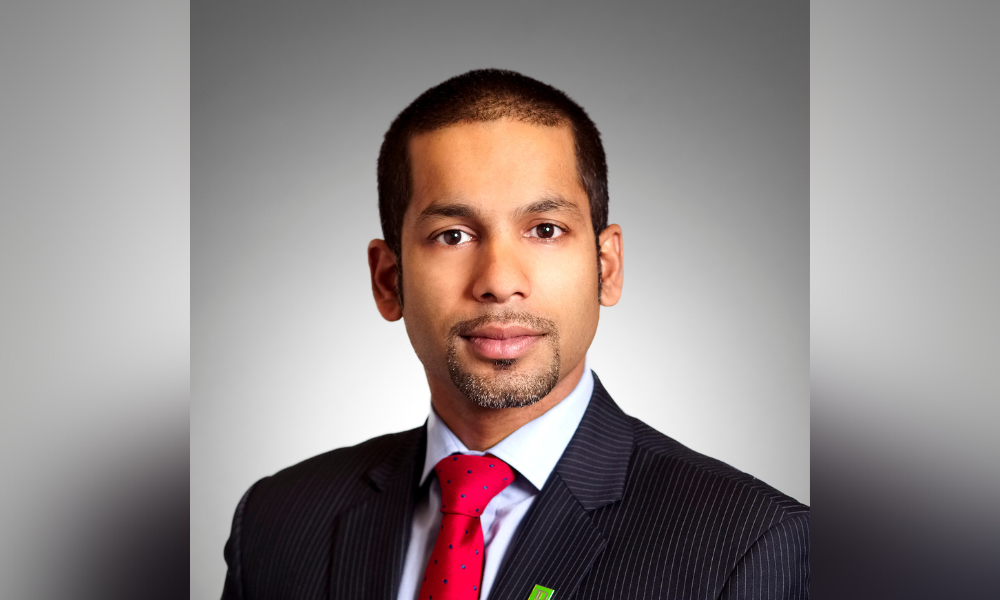Fernandes said the current painful conditions have been caused by the fiscal policy that is no longer taking place and also the geopolitical conflict, particularly Russia’s invasion of Ukraine, both of which are outside the system and will eventually be resolved. A lot of the current inflation is goods inflation with consumers wanting more than supply chains could provide, but most companies now have more inventory to provide the supply chains. Energy prices have also risen and fallen this fall.
He expects the central banks to reduce their hawkishness at some point next year as they tame some of the inflation, though he expects it will still be higher than pre-COVID. He expects it to settle in the 3% to 4% level, but certainly doesn’t expect interest rates to keep increasing.
“This year has been a place with no place to hide,” he said, with both bonds and equities being impacted, but he said the bear market to eventually end. “I don’t know when the bear market is going to end. We’re more than 10 months into this bear market. If we were thinking about baseball, we’d probably in the seventh or eighth inning. So, you could have a few good things coming your way and the market could easily move from here.”
He said balanced funds are really interesting right now because clients are being paid a yield on their fixed income component of them., which should provide some ballast and safety if the equity markets decline further, which he doesn’t expect.
Collectively, he said, society is slowly recovering from COVID, both physically with vaccines and the return to normal, but also the market also starting to do so, too.


